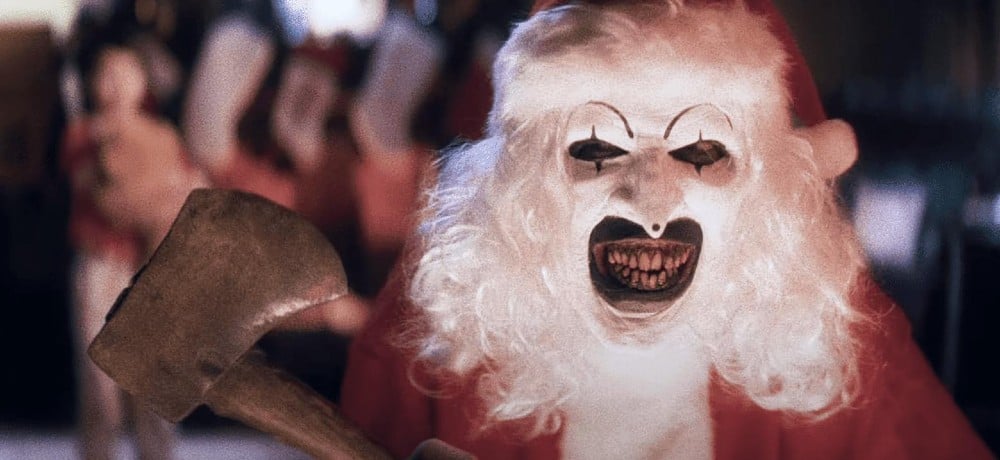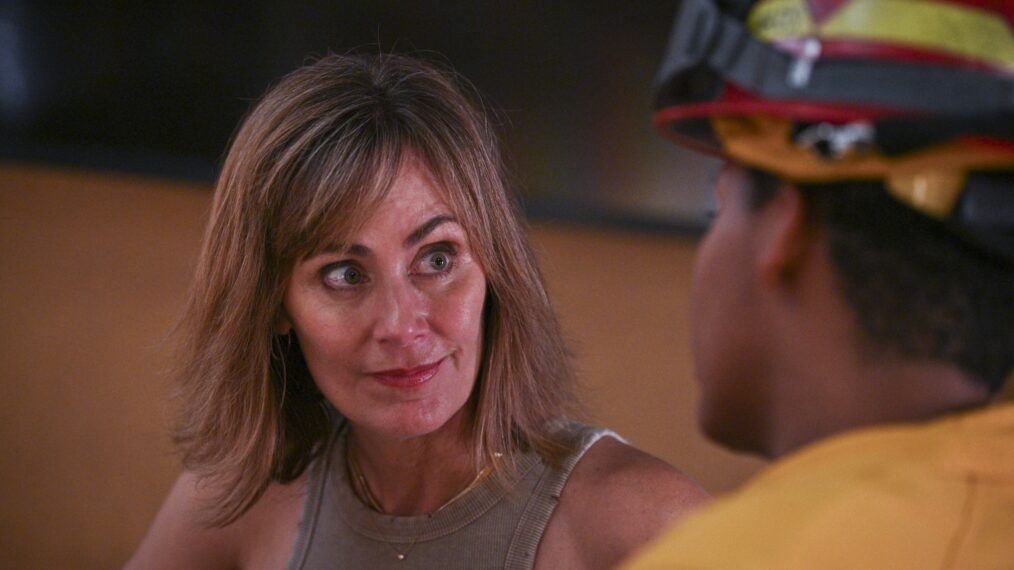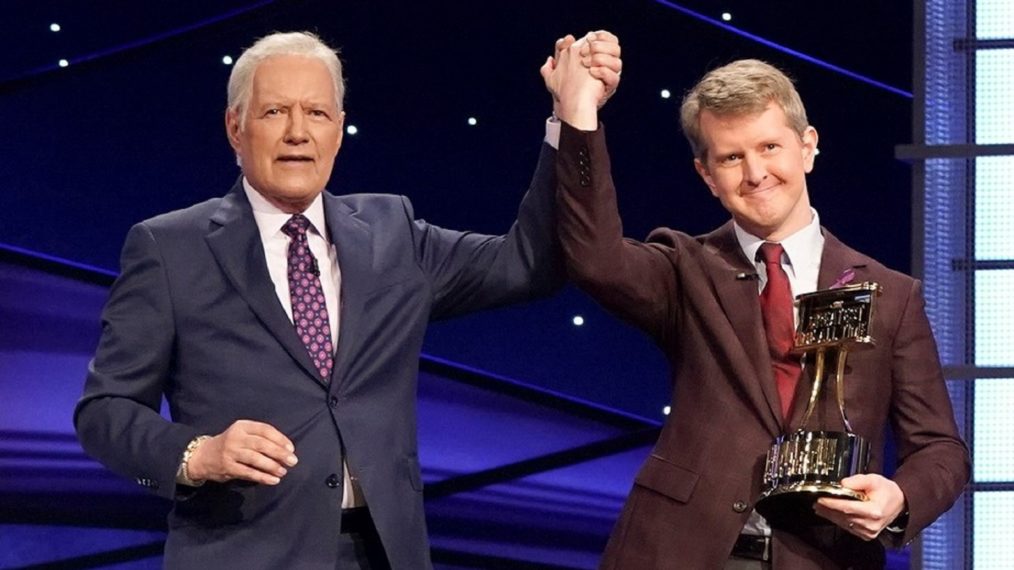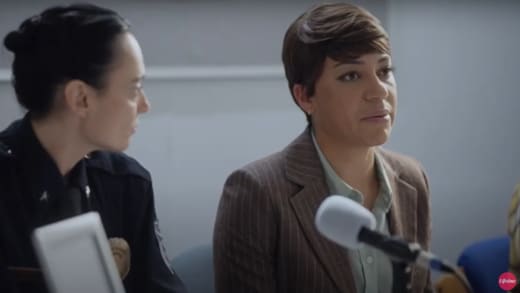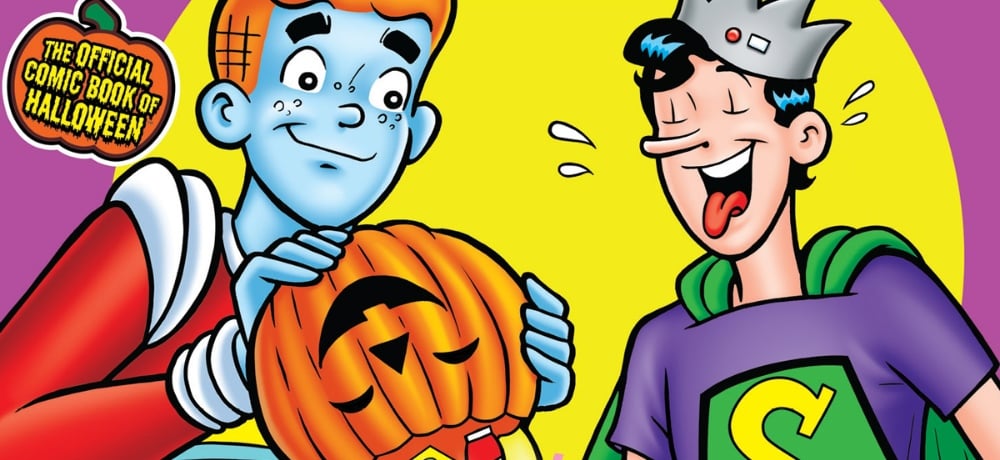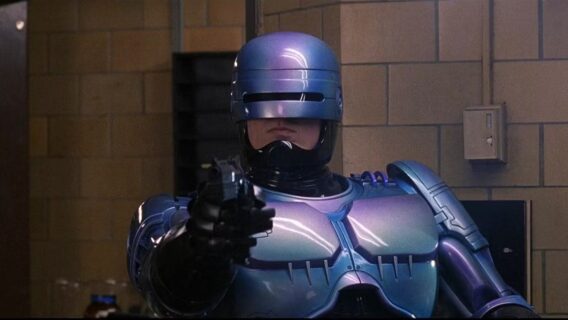
Robocop is an undisputed action classic. It’s a satire of the action genre that delivers commentary on unchecked capitalism, our societal desensitization to violence, and the dangers of privatizing government resources. Critics and fans alike can agree that the film is both smart and entertaining. But the sophomore installment in the series, which celebrates its release date anniversary on June 22, is a bit more divisive. Some criticized it for being more of the same without the same level of biting satire. And that argument isn’t entirely wrong. But I would counter that it’s a bit reductive. Robocop 2 gets plenty right. So, to cast it aside for what it isn’t is to miss out on an enjoyably violent romp that delivers some impressive action sequences and ample one-liners, truly memorable villains. It even manages to be touching on occasion.
While I can readily admit that this follow-up may not be quite as smart or satirical as the first series installment, I fear that if Robocop 2 had repeated the same formula, people probably would have complained that it was just more of the same. So, basically, director Irvin Kershner was damned if he did and damned if he didn’t. With that in mind, this sequel strikes a reasonable balance between paying tribute to its predecessor and existing as its own entity.
Also Read: Curses and Bloodshed: Underrated Horror Anime ‘When They Cry’ Is A Must-Watch
Set in a futuristic Detroit, Robocop 2 follows Officer Alex Murphy (Peter Weller), who was mortally wounded on the job early in the first film. Through an experimental procedure, Murphy’s body was used to create the ultimate crime-fighting cyborg. In his second outing, the manborg officer is back to take on a gang that’s peddling a highly addictive substance that has a stranglehold on the denizens of Detroit.
Perhaps because this is a film about a robot-cop hybrid, screenwriters Walon Green and Frank Miller decided to take some unexpected creative liberties, like featuring a storyline about a criminal organization with a psychotic child in a high-level leadership role. That is a bit unorthodox, to say the least. But I would argue that it actually works on a couple of different levels. A child running a drug ring illustrates this is a gritty reality where anyone is capable of evil. Moreover, it serves to imitate real life to an extent. Statistics show that arrest rates for children 15-17 increased a whopping 76% between 1980 and 1994. So even unintentionally, Robocop 2 offers a commentary on the cultural changes of that unprecedented time period.
Also Read: From Fear to Folly: The Evolution of ‘Jaws’ and Its Sequels
Yes, a child running a drug operation might read as a little campy. And that might have even put some people off. But anyone put off by that may be forgetting that the original is also a bit campy. Some of the performances are the definition of extra. And the violence certainly reaches the level of camp. In that regard, this sequel helps recapture the spirit of its predecessor.
All in, Robocop 2 is an enjoyable follow-up effort that doesn’t take itself too seriously. It delivers ample violence, copious amounts of action, and a bit of camp while serving up a human-interest subplot with Murphy wrestling with his remnants of humanity. With that in mind, I think you could do much worse.
If you’ve previously seen the flick as an inferior offering, give it another shot and try to have fun with it. There’s plenty to be had, from my vantage point. If you’re game for a repeat visit (or have somehow never seen it), Robocop 2 is streaming on Prime Video, Tubi, Plex, and the Roku Channel, as of the publication of this post.
Categorized: Editorials





